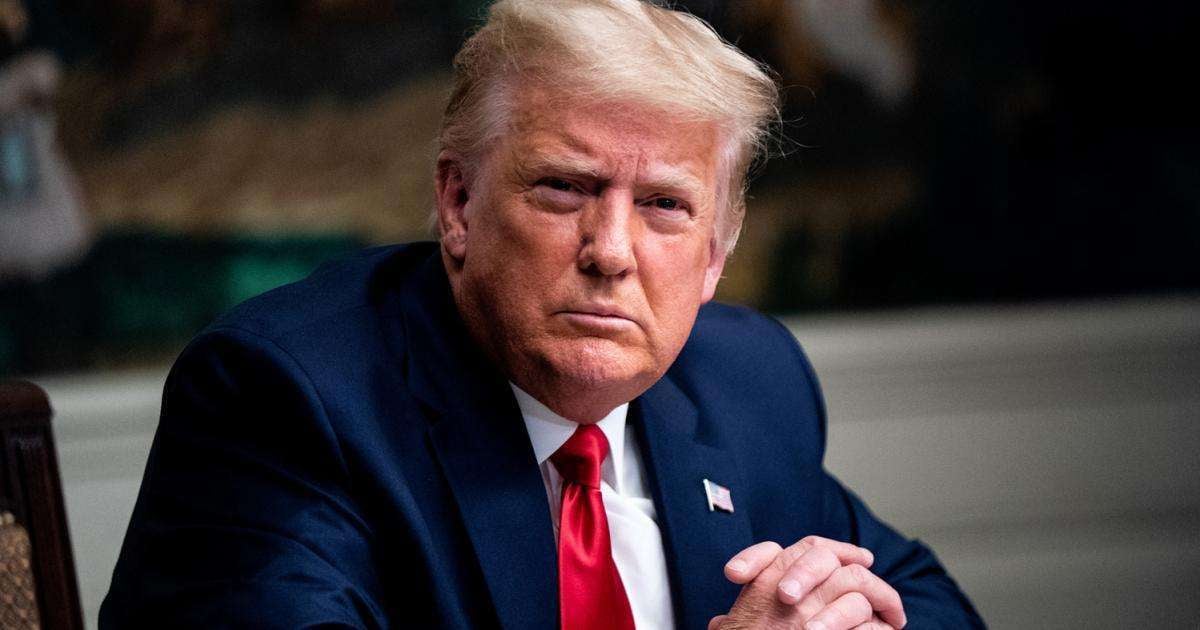The recent victory of Donald Trump in the U.S. presidential election has raised alarms among thousands of Cuban migrants who entered the country through the humanitarian parole program. During his campaign, Trump made it clear that he opposed this program, vowing to abolish it if elected. With his electoral triumph on November 6, this promise is on the verge of becoming a reality.
Understanding the Humanitarian Parole Program
Initiated by the Joe Biden administration, the humanitarian parole program was designed to temporarily admit migrants from Cuba, Venezuela, Nicaragua, and Haiti, providing a regulated and safe pathway for those fleeing dire situations in their home countries. Since its inception, over 111,000 Cubans have been granted permission to travel to the United States. This program has been a crucial lifeline for many migrants escaping the economic and political turmoil on the island, seeking better opportunities in the U.S.
In October, the Biden administration announced it would not extend the legal status for those benefiting from this program, leaving many in uncertainty.
Trump's Stance on Humanitarian Parole
Throughout his campaign, Trump vehemently criticized the humanitarian parole, asserting that it "undermines the security and sovereignty of the United States." He pledged to re-establish stricter control over the southern border, focusing his campaign on reversing Biden's immigration policies, with the parole program being a primary target for change.
Should Trump eliminate this program, it would profoundly affect Cubans waiting to enter the U.S. and those already in the country, who are currently allowed to stay legally for only two years under the program’s provisions.
Consequences for Cuban Migrants and U.S. Immigration Policy
Immigration experts warn that if Trump dismantles the humanitarian parole, Cuban migrants already in the United States might find their stay limited unless they have completed their residency process under the Cuban Adjustment Act. For those awaiting travel authorization, their applications could be halted, likely increasing irregular immigration as legal avenues diminish.
Potential for a Shift in Trump's Position?
Trump has remained steadfast in his opposition to humanitarian parole, even suggesting the deportation of those benefiting from it. His stance is supported by Republicans favoring more stringent immigration policies in the U.S. However, human rights organizations and pro-immigrant activists are rallying to defend the program, arguing it offers a vital safe passage for individuals escaping extreme conditions. Despite their efforts, the influence of these organizations on the new administration is expected to be limited.
Exploring Alternatives for Cuban Migrants
With the potential end of humanitarian parole, experts advise migrants already in the U.S. to consider other avenues to regularize their status, such as applying for political asylum or seeking temporary protection programs, provided they meet the necessary criteria. Nonetheless, these options are not universally applicable and often present legal and bureaucratic hurdles that restrict access.
Cuban migrants in the United States and those hoping to enter under humanitarian parole must stay informed about any changes and adapt to the new regulations that may be implemented in the coming months.
